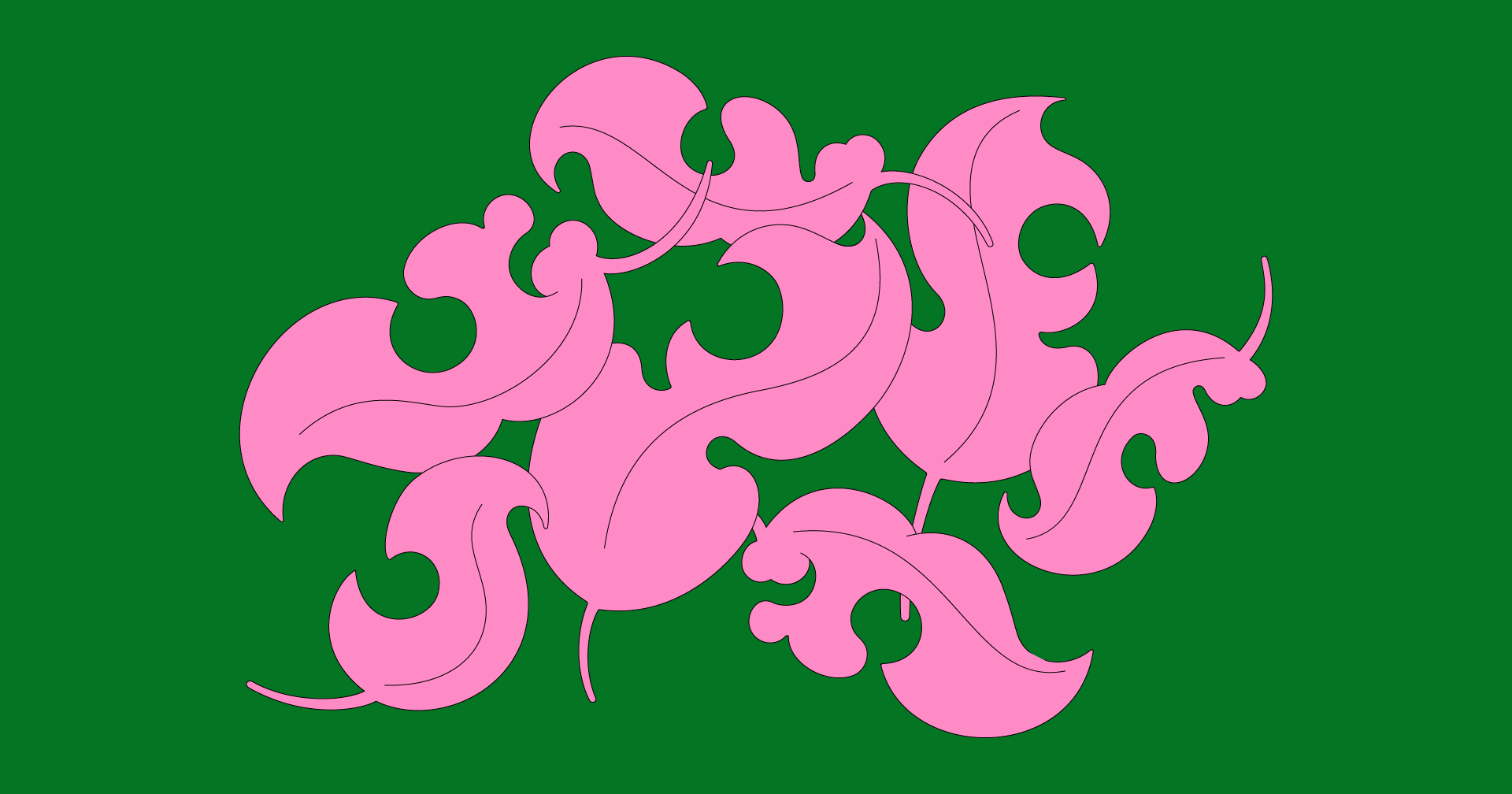Master symposium
May 24–25, 2023
Freilager-Platz 1
4002 Basel
Switzerland
With contributions by Jumana Emil Abboud, Paula Baeza Pailamilla, Chiara Camoni, Gauri Gill, Pujita Guha, Monica Ursina Jäger, Pauline Julier, Gayatri Kodikal, Franziska Lauber, Alexandra Navratil, Claire Pentecost, Lucia Pietroiusti & Filipa Ramos, Mathilde Rosier, Ana Vaz, and Yvonne Volkart & Felipe Castelblanco.
Moderated by Chus Martínez and Quinn Latimer / Research and Coordination: Marion Ritzmann and Arianna Guidi.
On-site and online: Basel Academy of Art and Design FHNW, Auditorium D 1.04, and livestream. The symposium is open to the public and will be held in English. More information and program here. As part of the symposium series Gender and Equality in the Arts.
The spring master symposium at Institute Art Gender Nature, HGK Basel FHNW, will feature a special convening of artists, writers, ecologists, thinkers, curators, activists, and other art practitioners, all of whom, in their disparate practices, consider the forest as both fact and metaphor, at once life form and a kind of epistemology. Titled Genders of the Forests, the symposium will examine the various forms our ecological relationships with forests take, from language-making and care and pedagogy to human-nonhuman communication, at once nonbinary and myriad in possibility.
Acknowledging forests means to address both their extant meaning and their rapid extinction, and to render visible the differences between the rural, the countryside, forestry, and nature itself. Avoiding reductionistic solutions means imagining new realms for the arts in relation with the nonhuman in an era in which our art systems are being profoundly transformed due to climate collapse, retracting economies, and energy transformation. The forest—as an image and as a reality, as a site of growth, relation, and destruction—presents us with unexpected ground from which to imagine the world from within its coverage.
Understanding the forest’s multiplicity bears a similitude, perhaps, with current understandings of our multiple and gendered identities, as well as the many roles and functions of artistic practices and cultural conditions outside the modern and after the modern city. Imaging and imagining new futures and ecologies, at once more equitable, sustainable, and full of real possibility, makes us look for new forests, new forest cultures, new poetic and pragmatic and technical languages that expand the practice of what is sometimes called forestry, sometimes called forest knowledges, and sometimes called art.
To that end, Genders of the Forests will emphasize what various disciplines have long noted: that plant thinking exists, and that important concepts are borne from the living world, not only from human thought. Understanding the forest as a force in the transformation of the world is a political act that modifies binary assumptions that we often hold about nature and culture, but also those plans that we envision for technology. If Western cultures believe intentionality is at the core of development, plant thinking has shown that non-intentional consciousness exists. As Michael Marder has written, vegetal thought “amounts to an essentialism-free way of thinking that is fluid, receptive, dispersed, non-oppositional, non-representational, immanent, and material-practical.” A forest that thinks indicates that intelligence is always alive and embodied, and that those codes that animate machines are generated from life itself. No technological development can therefore ignore the forest. Thus forest-related research conducted by artists and other thinkers offers us a philosophical, ethical, and ontological way to envision a more livable future. Learning to live with and for this transformation is the aim of this symposium writ large.
The symposium is dedicated to the memory of artist Silke Otto-Knapp.
Genders of the Forests continues the biannual Master symposia series at Institute Art Gender Nature, Basel, begun in 2018, which centers questions of gender, language, ecology, social justice, and artistic practice, in an intimate environment of artistic inquiry and generous conversation.


